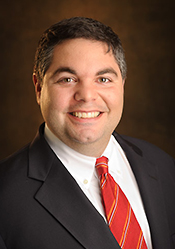Yesterday, the United States Supreme Court heard oral arguments in a case which has the potential to upend the way the government regulators using the permit and zoning process to shape Florida’s land management. The case of Koontz v. St. Johns River Water Management District arises from a parcel fifteen acre parcel of commercially zoned land that Coy Koontz, Sr. purchased in Orange County nearly forty years ago.
Eventually, Mr. Koontz submitted an application to the Water Management District to develop 3.7 acres of this land. This application was necessary because (after he purchased it) this acreage was deemed to be a wetland within a habitat protection zone. However, the evidence at trial demonstrated that the land had actually been made inhabitable to wildlife as a result of development on adjacent land.
In an attempt to resolve any potential dispute, as part of his application Mr. Koontz agreed to donate the remaining 11.3 acres for conservation. However, this offer was rejected and, instead; the district demanded that (in addition to the 11.3 acres of conservation land) Mr. Koontz pay $ 150,000 toward the remediation of government-owned property, which was located nowhere near his land. Mr. Koontz refused this demand and his permit was denied.
The question before the Court is whether conditioning the permit on the remediation of land which was not connected to the development in question, becomes a taking under the Fifth Amendment to the Constitution.
By all accounts, during the oral arguments the Court seemed more receptive to the government’s arguments that the denial of a permit cannot be a taking because, quite simply, nothing was taken.  Of course, the court has surprised us before.
The decision is due in June of this year so, stay tuned.
